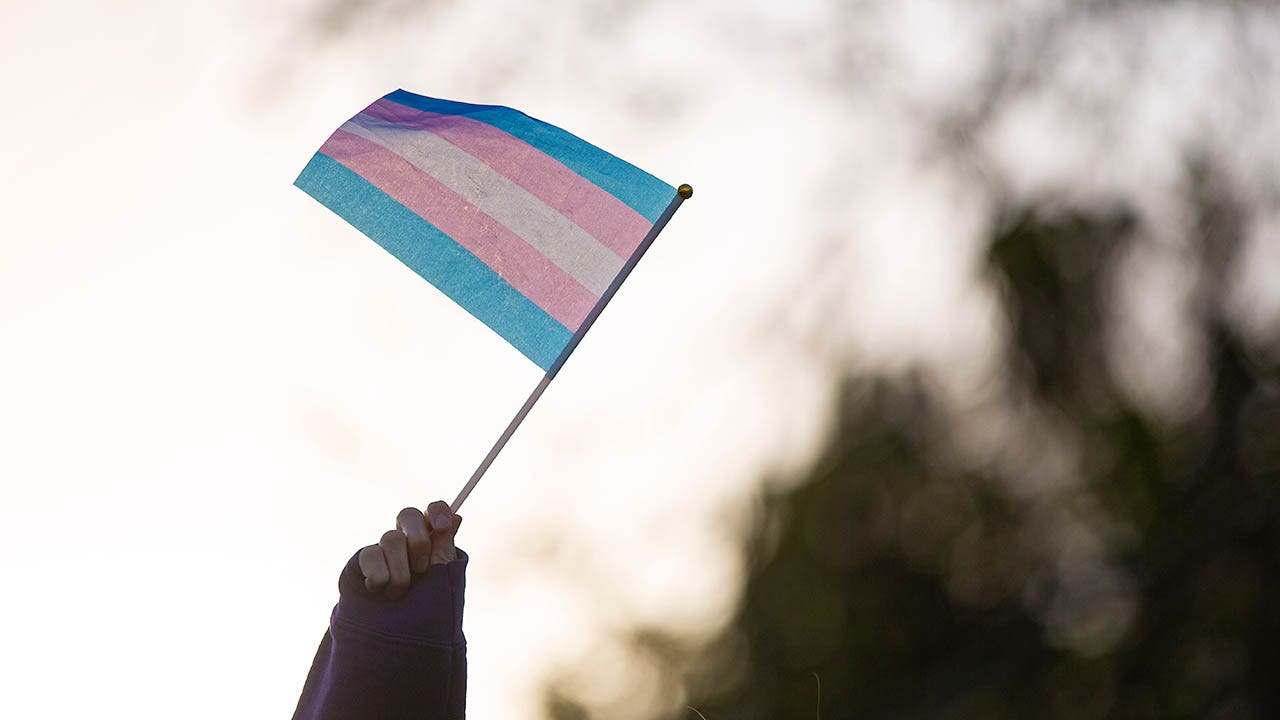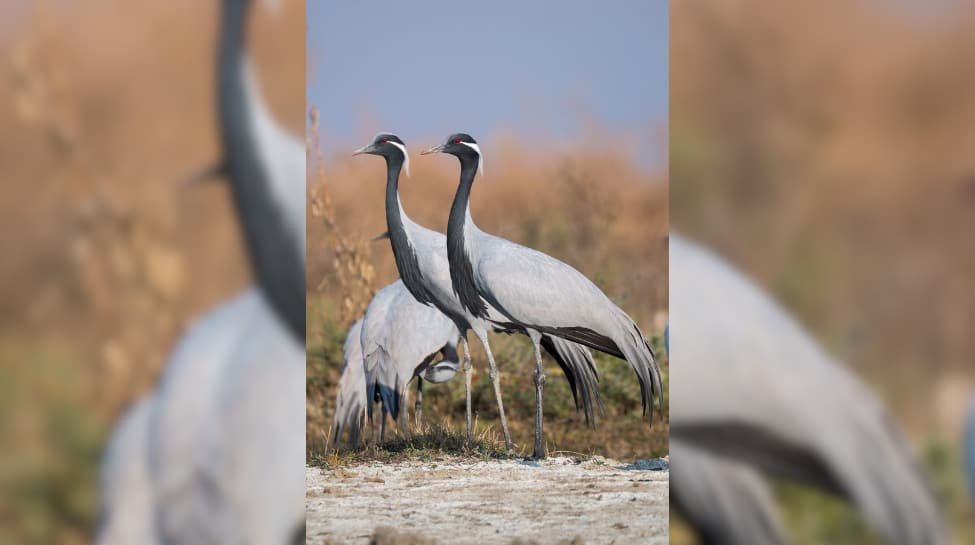SEOUL: The first infection from Naegleria fowleri, or “brain-eating amoeba,” has been reported in South Korea, the health authorities said on Monday.
The Korea Disease Control and Prevention Agency (KDCA) confirmed that a Korean national who died after returning from Thailand was infected with Naegleria fowleri, which destroys human brains.
The man in his 50s came back to Korea on December 10 after a four-month stay in the Southeast Asian country and was admitted to a hospital next day. He died on Tuesday last week, reports Yonhap news agency.
This is the first known infection from the disease in the country, which was first reported in the United States in 1937.
Naegleria fowleri is an amoeba commonly found in warm freshwater lakes, rivers, canals and ponds throughout the world. The amoeba is inhaled through the nose and travels to the brain to destroy brain tissue.
The KDCA said the odds of human-to-human transmission of Naegleria fowleri are low but asked local residents to refrain swimming in the areas where the disease has broken out.
A total of 381 Naegleria fowleri cases have been reported as of 2018 in the world including in the US, India and Thailand.
The Korea Disease Control and Prevention Agency (KDCA) confirmed that a Korean national who died after returning from Thailand was infected with Naegleria fowleri, which destroys human brains.
The man in his 50s came back to Korea on December 10 after a four-month stay in the Southeast Asian country and was admitted to a hospital next day. He died on Tuesday last week, reports Yonhap news agency.
This is the first known infection from the disease in the country, which was first reported in the United States in 1937.
Naegleria fowleri is an amoeba commonly found in warm freshwater lakes, rivers, canals and ponds throughout the world. The amoeba is inhaled through the nose and travels to the brain to destroy brain tissue.
The KDCA said the odds of human-to-human transmission of Naegleria fowleri are low but asked local residents to refrain swimming in the areas where the disease has broken out.
A total of 381 Naegleria fowleri cases have been reported as of 2018 in the world including in the US, India and Thailand.















































